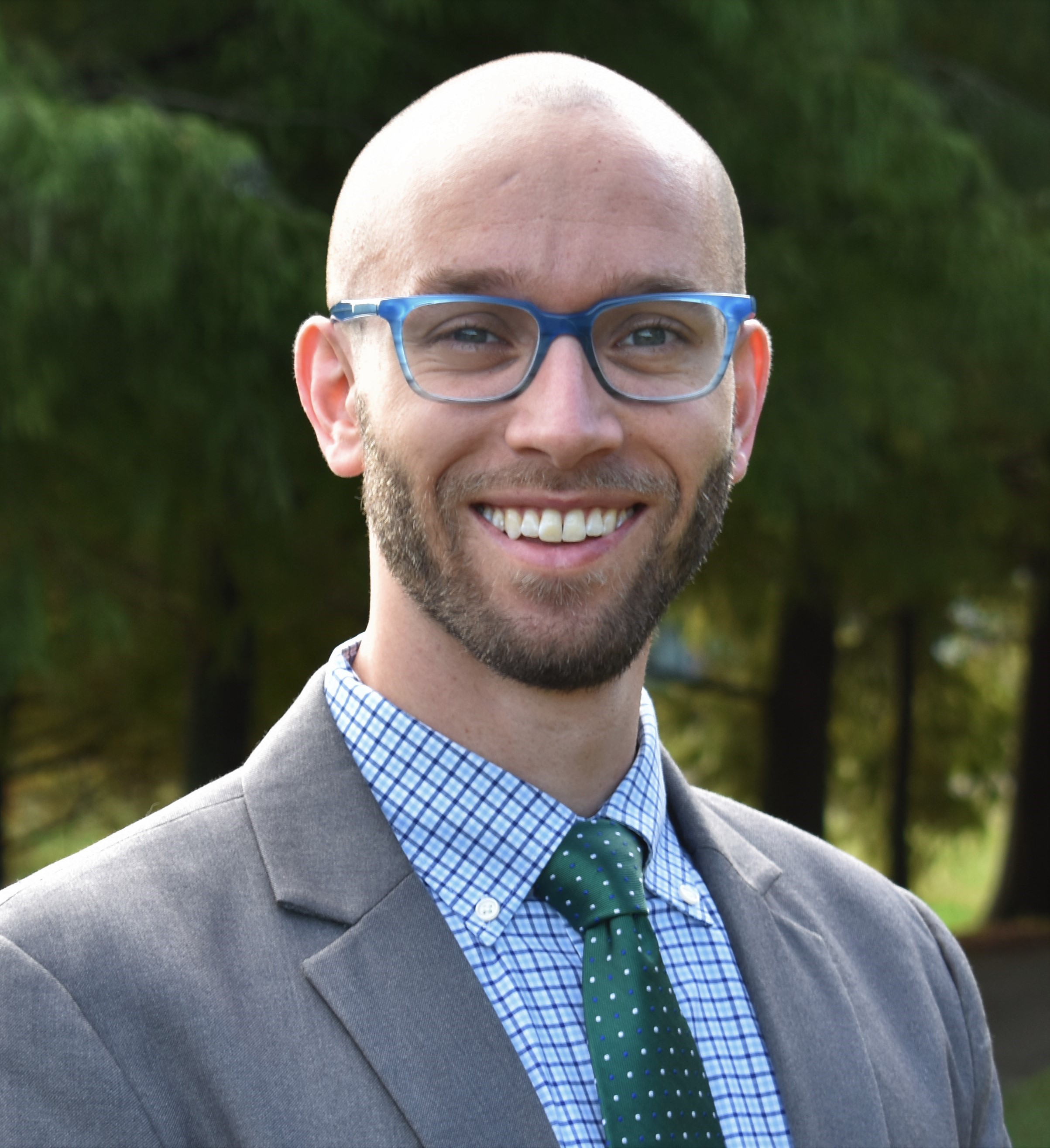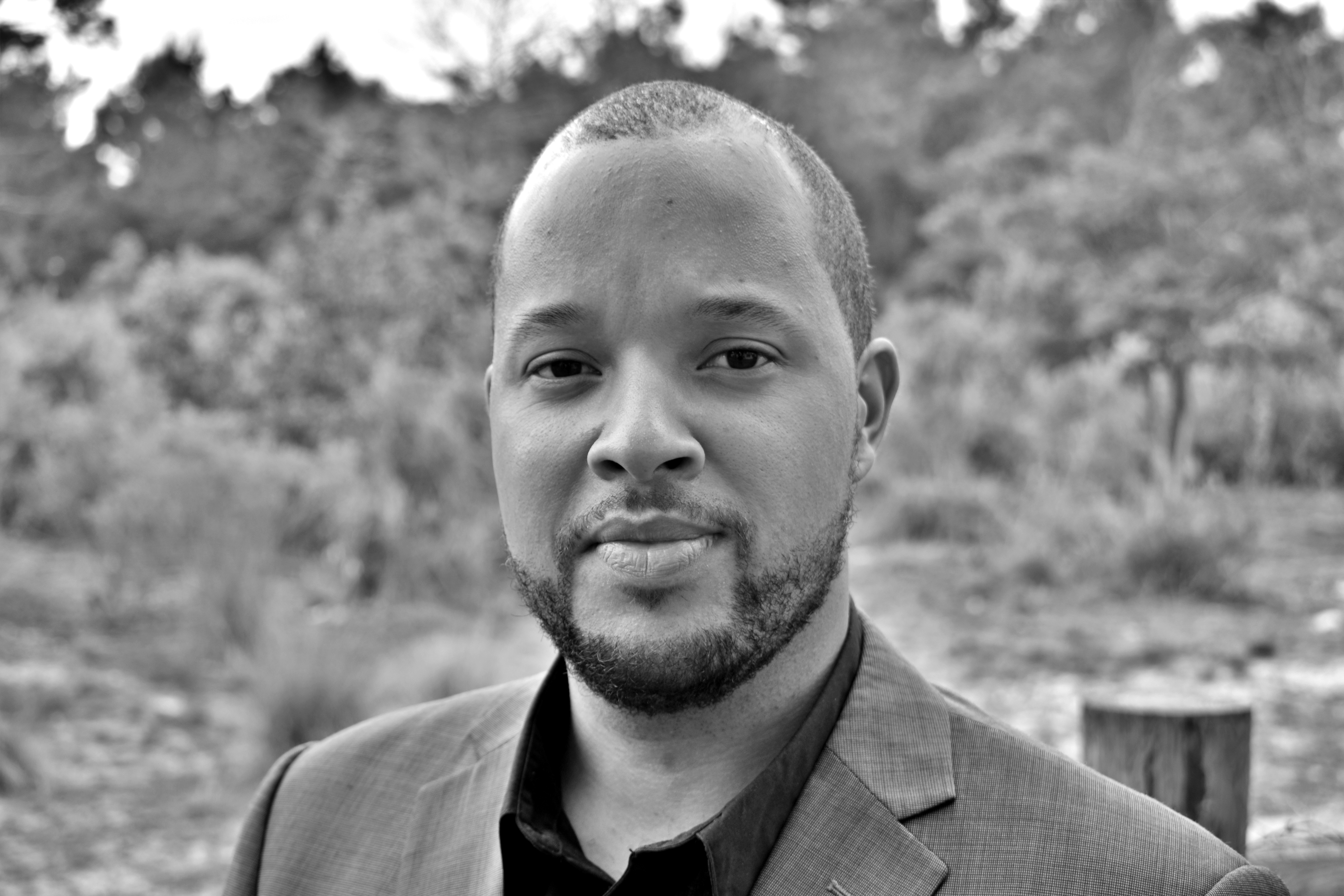The Risk Matrix
Get our new eMagazine delivered to your inbox every month.
Stay in the know on the latest enterprise risk and security industry trends.
SUBSCRIBE TODAY!Copyright ©2024. All Rights Reserved BNP Media.
Design, CMS, Hosting & Web Development :: ePublishing







